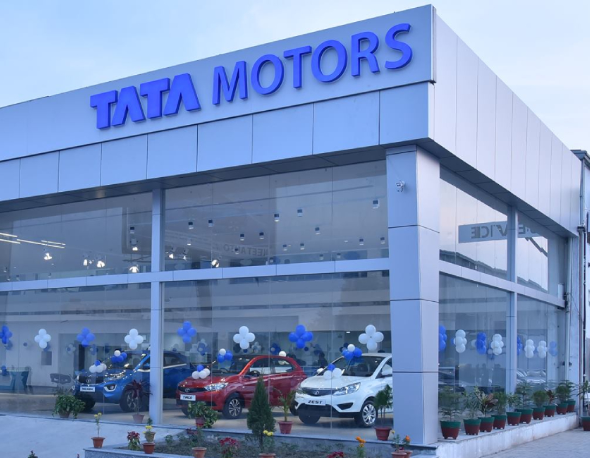
Tata Motors to Increase Prices of Passenger Vehicles, Reflecting Rising Production Costs
Tata Motors, one of India’s leading automobile manufacturers, has announced its decision to raise the prices of its passenger vehicles starting July 17th. The price hike comes as a response to the persistent upward pressure on input costs and the need to sustain the quality and innovation associated with Tata Motors’ vehicles.
The automotive industry has been grappling with several challenges in recent years, including rising commodity prices, global supply chain disruptions, and the impact of the ongoing COVID-19 pandemic. Tata Motors, like many other manufacturers, has been affected by these factors, resulting in an upward pressure on the cost of raw materials and a subsequent strain on profit margins.
As per the latest data available, the cost of essential raw materials such as steel, aluminum, and rubber has surged by an average of 15% over the past year. This surge in input costs has necessitated Tata Motors to reevaluate its pricing strategy to ensure the company’s sustainability and continued ability to deliver high-quality vehicles.
Tata Motors has a reputation for providing technologically advanced and feature-rich passenger vehicles that cater to the diverse needs of Indian consumers. However, maintaining this level of innovation and quality amidst rising costs has become a significant challenge for the company. By implementing a price hike, Tata Motors aims to strike a balance between affordability and sustaining its commitment to excellence.
The decision to increase prices will impact the entire range of Tata Motors’ passenger vehicles, including popular models such as the Tiago, Tigor, Altroz, Nexon, and Harrier. It is estimated that the price hike will range between 0.8% to 2.2%, varying across different models and configurations. This adjustment will help the company mitigate the impact of increased input costs and safeguard its long-term growth and profitability.
Tata Motors has been actively engaged in exploring avenues to optimize its operations and minimize the impact of rising costs. The company has been implementing various cost-saving initiatives and process improvements across its manufacturing facilities. Additionally, Tata Motors has been closely monitoring market dynamics and conducting in-depth consumer research to understand the evolving preferences and expectations of Indian car buyers.
Tata Motors’ decision to increase the prices of its passenger vehicles reflects the harsh reality of the automotive industry’s current landscape. The surge in input costs and supply chain disruptions have forced manufacturers to make tough choices to maintain their financial viability while delivering quality products to consumers. Tata Motors’ commitment to innovation and customer satisfaction remains unwavering, and this price adjustment will enable the company to continue providing cutting-edge vehicles while adapting to the challenging market conditions.

